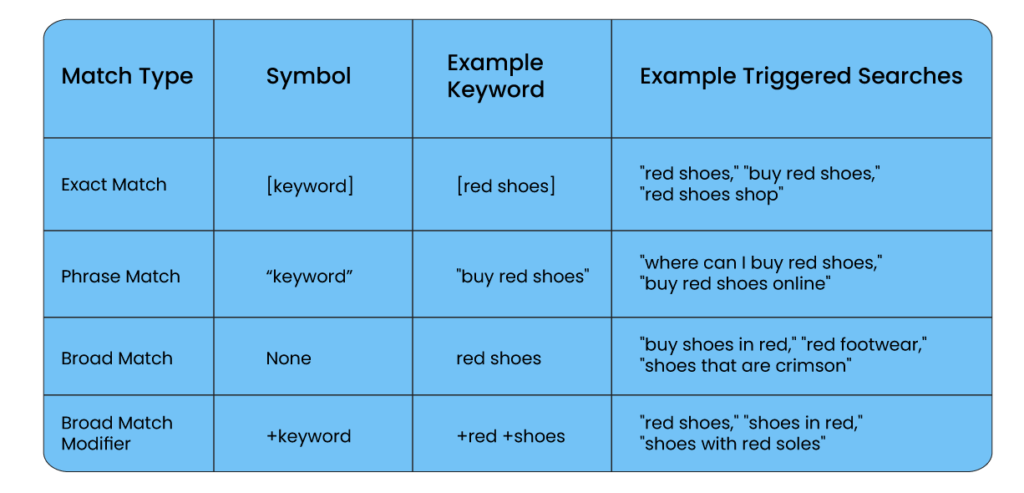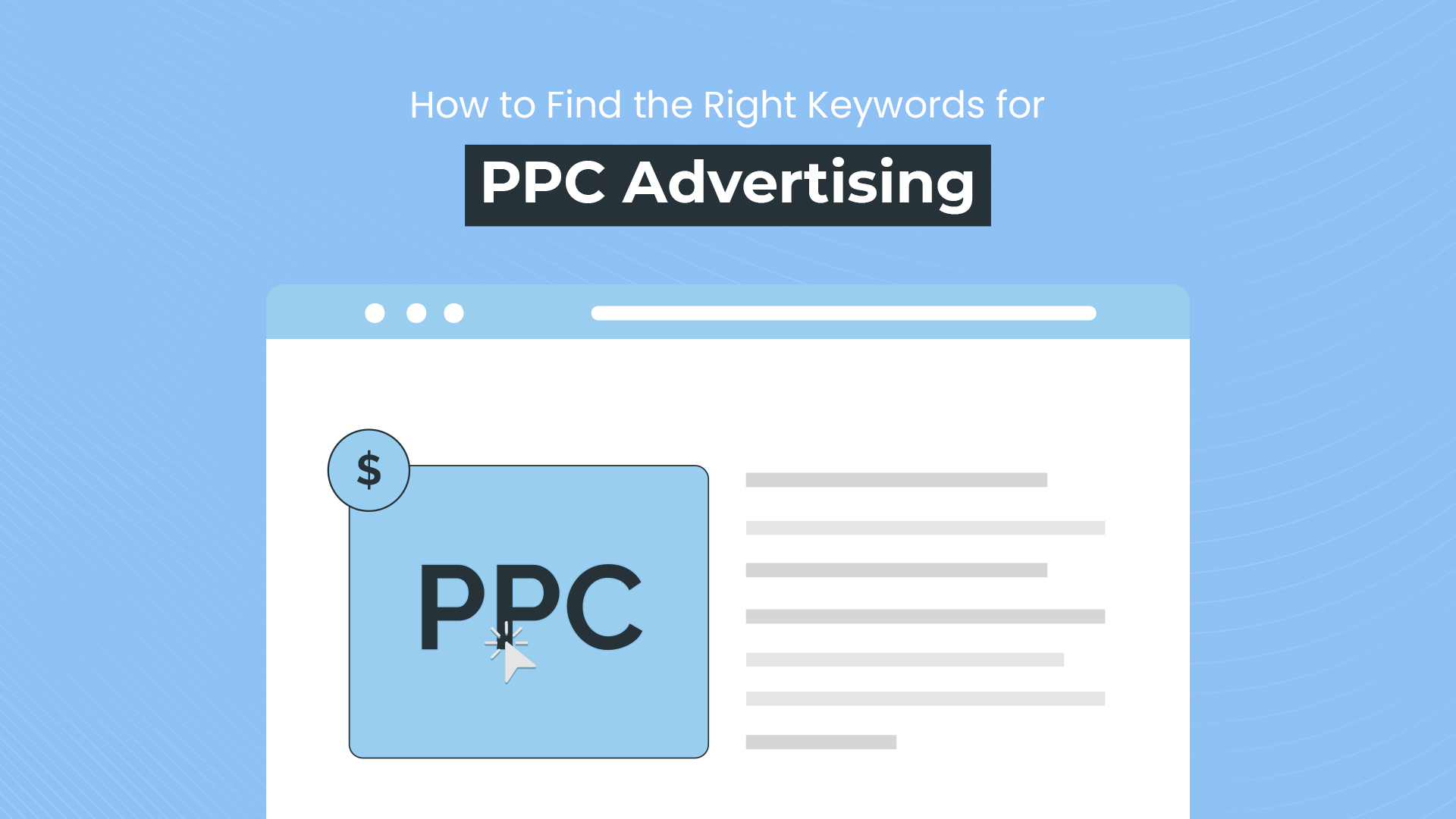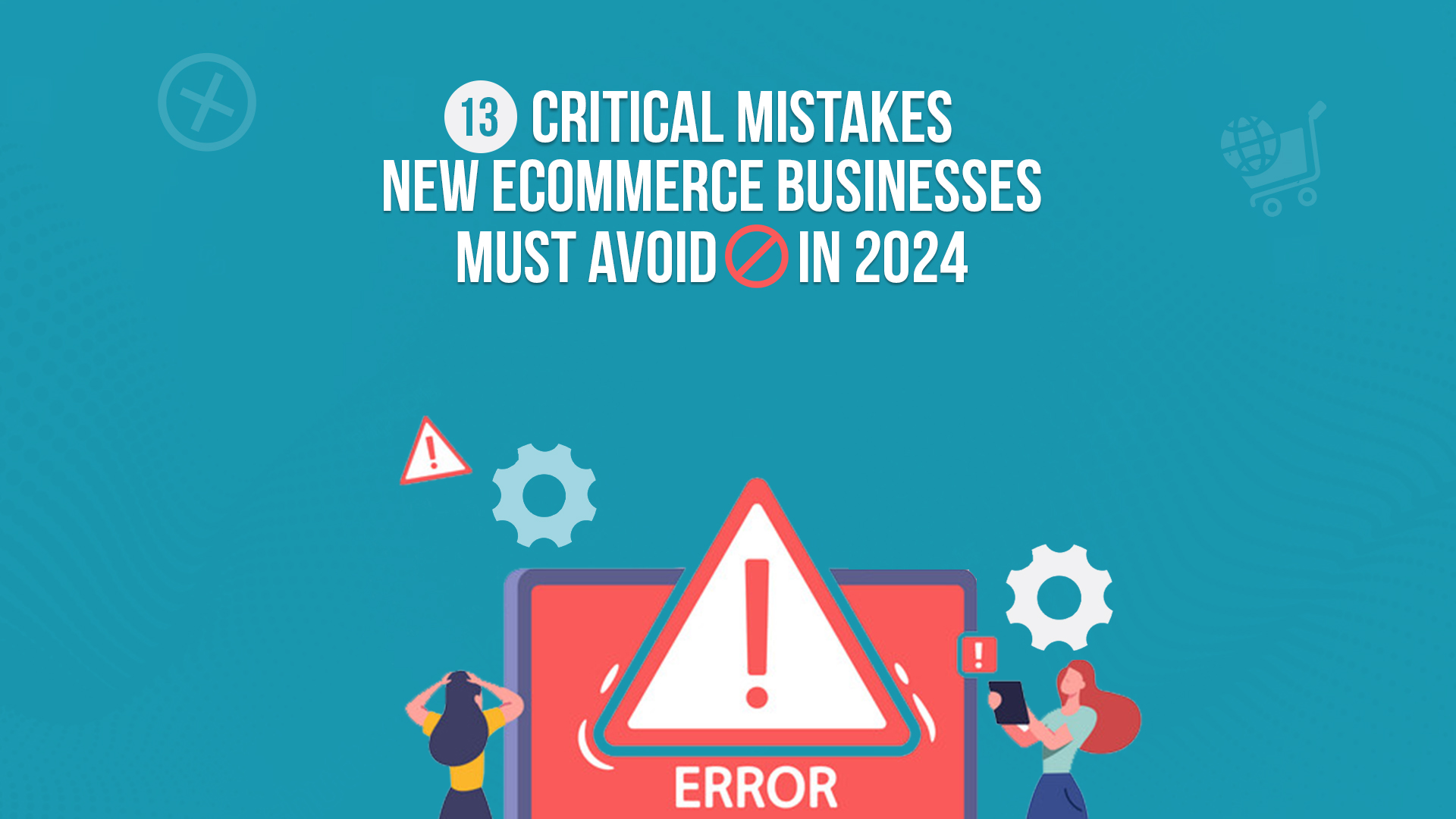Just as humans can’t thrive without water, your Pay-Per-Click (PPC) campaign can’t function without keywords. Think of your PPC account as a parched traveller in the digital desert, desperately yearning for a refreshing oasis of quality PPC keywords.
In this comprehensive guide, we’ll navigate the challenging terrain of PPC keyword research and provide you with the tools to quench your campaign’s thirst for the right keywords. Whether you’re a busy business owner or a seasoned marketer, we’re here to streamline the process and lead you through every step.
What is PPC keyword research?
At its core, PPC keyword research is the process of identifying the words and phrases that potential customers are typing into search engines when seeking products or services like yours. It’s like tapping into the collective thoughts of your target audience and understanding their language, their needs, and their intentions.
Why is keyword research for PPC important?
Imagine wandering through the desert without a map or compass – that’s what running a PPC campaign without proper keyword research feels like. The right keywords are the guiding stars that will lead your ads to the right audience. They can make the difference between a campaign that languishes in the digital wasteland and one that thrives in the lush oasis of high conversion rates and ROI.
How do you do keyword research for PPC ads?
Keyword research can seem as complex as deciphering hieroglyphics, but we’re here to demystify the process. We’ll show you the tools and strategies needed to unearth the perfect keywords, from broad to long-tail, from high-volume to low-competition gems. We’ll also delve into the art of analyzing your competitors and discovering negative keywords to refine your campaign.
So, join us on this journey through the world of PPC keyword research. Consider this guide your ultimate cheat sheet, your roadmap to PPC success, and your secret weapon in the ever-competitive digital landscape. Get ready to quench your PPC campaign’s thirst and watch it flourish like an oasis in the desert.
Understand Your Business and Goals
Before we embark on our exciting journey into the world of keyword research for PPC advertising, we need to take a moment to establish a strong foundation. This foundation is built upon a profound understanding of your business and its goals. Think of it as the launchpad for your digital marketing rocket, and every keyword you discover will be your fuel for success.
Here are some details:
1. Unveiling Your Offerings:
Begin by exploring the vast landscape of your business. What products or services do you offer? What sets them apart from the competition? Understanding the essence of what you bring to the market is like having a treasure map; you’ll know exactly what gems to search for in the world of keywords.
2. Identifying Your Audience:
Picture your ideal customers. Who are they? What are their needs, preferences, and pain points? Knowing your target audience inside out is akin to having a compass that points you in the right direction. It ensures your keywords resonate with the very people you aim to reach.
3. Defining Your Ambitions:
In the grand adventure of PPC advertising, every campaign should have a destination. What are your short-term and long-term marketing objectives? Are you looking to boost sales, increase brand awareness, or conquer new markets? Think of your objectives as the guiding stars that will help you navigate the vast PPC galaxy.
4. Budgeting for Success:
Ah, the budget – your trusty companion on this journey. How much are you willing to invest in PPC advertising? Your budget is like the wind beneath your sails, propelling you toward your goals. Knowing your financial constraints ensures you allocate your resources wisely.
By solidifying your understanding of these fundamental aspects of your business, you’re not merely preparing for keyword research; you’re laying the groundwork for a successful PPC campaign. Each piece of knowledge you gather is like a puzzle piece that, when put together, forms a clear picture of your path to digital triumph.
So, let’s continue this quest for PPC excellence, armed with the knowledge of your business and its goals. The world of keywords awaits, and we’re ready to conquer it together.
Understanding the Significance of Seed Keywords
Seed keywords are the building blocks of your entire PPC keyword strategy. They lay the foundation upon which you’ll construct a robust and effective campaign. Think of them as the roots of a tree; they may seem simple, but they provide stability and nourishment for the entire system.
How to Brainstorm Seed Keywords!
To find the right keywords for your business:
1. Put yourself in your audience’s shoes and consider their needs.
2. Use industry-specific terms and jargon.
3. Explore synonyms and variations.
4. Include location-based keywords.
5. Leverage keyword tools to refine your list.
The Versatility of Seed Keywords :
Seed keywords are versatile; they can lead you in various directions during the research process. As you expand your list, you’ll begin to identify related keywords, long-tail variations, and valuable niches within your industry.
Remember, this is just the beginning of your keyword research journey. Once you have your seed keywords, you can use them as a springboard to uncover more specific and targeted keywords that will help you reach your ideal audience effectively. So, invest time and creativity into this step, as it will set the tone for the success of your PPC campaign.
Analyze Keyword Relevance
Think of relevance as your trusty compass in the world of keywords. As you gather a trove of keyword ideas, it’s crucial to evaluate their relevance to your business and campaign goals. Are these keywords aligned with what you offer? Do they speak the language of your potential customers? Eliminate any keywords that seem too broad, unrelated, or out of sync with your offerings. Your keyword list should sparkle with words that accurately represent your products or services.
Consider Keyword Match Types

Imagine your keywords as the keys to unlocking your PPC success. But just like in a game of chess, each key has its unique move. In the realm of PPC platforms like Google Ads, you have an arsenal of match types to choose from:
Broad Match: This is like casting a wide net. Your ads might appear for search queries that include variations, synonyms, or related terms. It’s a great way to capture a broad audience, but keep an eye on relevancy.
Phrase Match: Picture this as a mid-range target. Your ads will display when the search query includes the exact phrase you’ve chosen or close variations of it. This offers a balance between reach and precision.
Exact Match: This is your bullseye shot. Your ads will only show when the search query precisely matches your chosen keyword. It’s laser-focused and ideal for high-conversion keywords.
Broad Match Modifier: Think of this as a customized approach. Your ads will appear when specific terms within a search query match your keywords. It’s a precise way to control relevancy while capturing a broader audience.
Selecting the right match type for each keyword is like fine-tuning your targeting scope. It helps you maintain the perfect balance between reaching a wide audience and ensuring your ads remain highly relevant.
So, as you delve deeper into the keyword labyrinth, remember that relevance and match type are your trusted allies. They’ll help you navigate through the digital landscape with precision, ensuring your PPC campaign hits the bullseye every time.
Design with accessibility in mind, and your product becomes a bridge that connects everyone to your world.
Use Keyword Research Tools

Step 1: The Google Keyword Planner
Imagine Google as your best friend, always ready to lend a hand. The Google Keyword Planner is like a magic wand that reveals keyword ideas. It tells you what words people are using to search for things like what you offer. Plus, it even shows you how competitive these keywords are, so you know where to focus your efforts.
Step 2: Semrush – The Super Sleuth
Semrush is like a digital detective. It not only finds keywords but also spies on your competitors. It shows you what keywords they’re using, giving you the upper hand in the battle for online supremacy.
Step 3: Ahrefs – The SEO Wizard
Ahrefs is like an SEO wizard. It not only helps you find keywords but also tells you how hard it is to rank for them. This way, you can choose keywords that are like low-hanging fruit – easy to pluck and sweet to taste.
Step 4: KeywordTool.io – The Word Generator
KeywordTool.io is like a word magician. It takes your base keywords and transforms them into a whole list of variations. It’s like discovering a treasure trove of keyword possibilities.
Focus on Long-Tail Keywords
While broad keywords are important, long-tail keywords can be highly effective for PPC campaigns. Long-tail keywords are more specific and often indicate a higher intent to purchase or take a particular action. For example, “best running shoes for flat feet” is a long-tail keyword, whereas “running shoes” is a broad keyword. Long-tail keywords typically have lower competition and can provide a better ROI.
Analyze Competitor Keywords
Researching your competitors can be a goldmine for finding keywords. Analyze the keywords your competitors are targeting in their PPC campaigns. Tools like SEMrush and Ahrefs can help you identify these keywords. Keep in mind that while it’s essential to learn from competitors, you should also strive to differentiate your campaign.
Consider Negative Keywords
Negative keywords are terms for which you don’t want your ads to appear. Including negative keywords in your campaign helps filter out irrelevant traffic and improve your campaign’s ROI. For instance, if you sell high-end luxury watches, you may want to add “cheap” or “discount” as negative keywords to prevent your ads from showing to users searching for affordable options.
Organize Keywords into Groups
Once you have a list of keywords, organize them into relevant groups or themes. Grouping keywords helps you create targeted ad campaigns and ad groups. For example, if you sell both men’s and women’s running shoes, you should separate these keywords into different ad groups to tailor your ads accordingly.
Conclusion:
Keywords play a crucial role in the world of PPC. This guide provides valuable insights to help you achieve success. However, it’s important to remember that PPC is an ongoing process. Your business is like an oasis and keywords are the water that keeps it thriving. You need to continually adapt and fine-tune your strategies as the digital landscape evolves.
With each click and keyword, you’re one step closer to achieving your goal of online success. Your journey into the world of PPC keywords is an adventure, and we believe you’ll navigate it skillfully. So, stay the course, follow your keywords, and let your PPC campaigns shine like a beacon in the digital world.
Your success story is within reach. Here’s to high ROI, satisfied customers, and a well-executed PPC strategy for your future digital successes!










